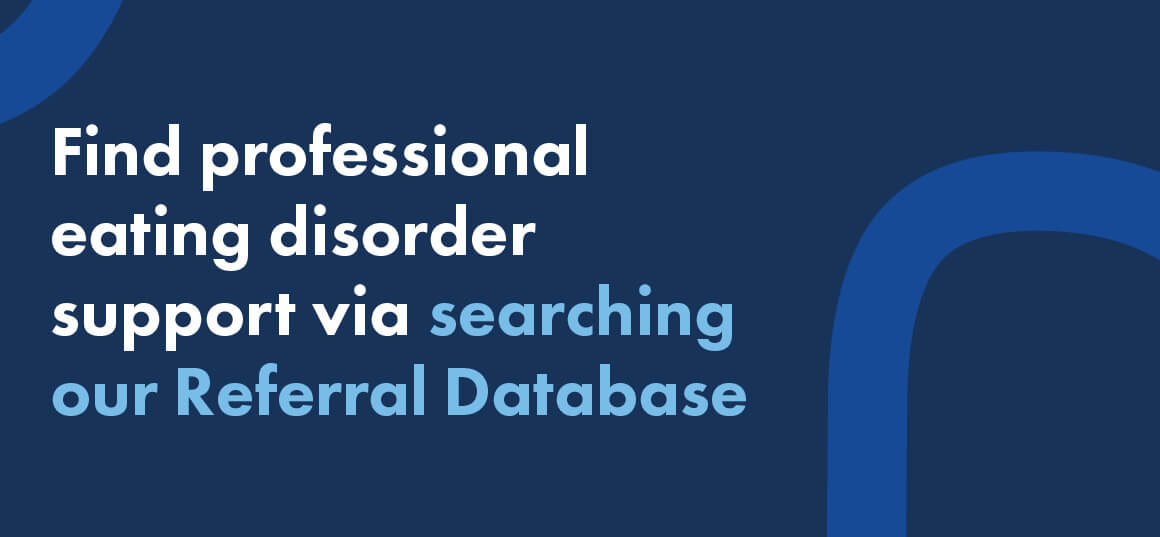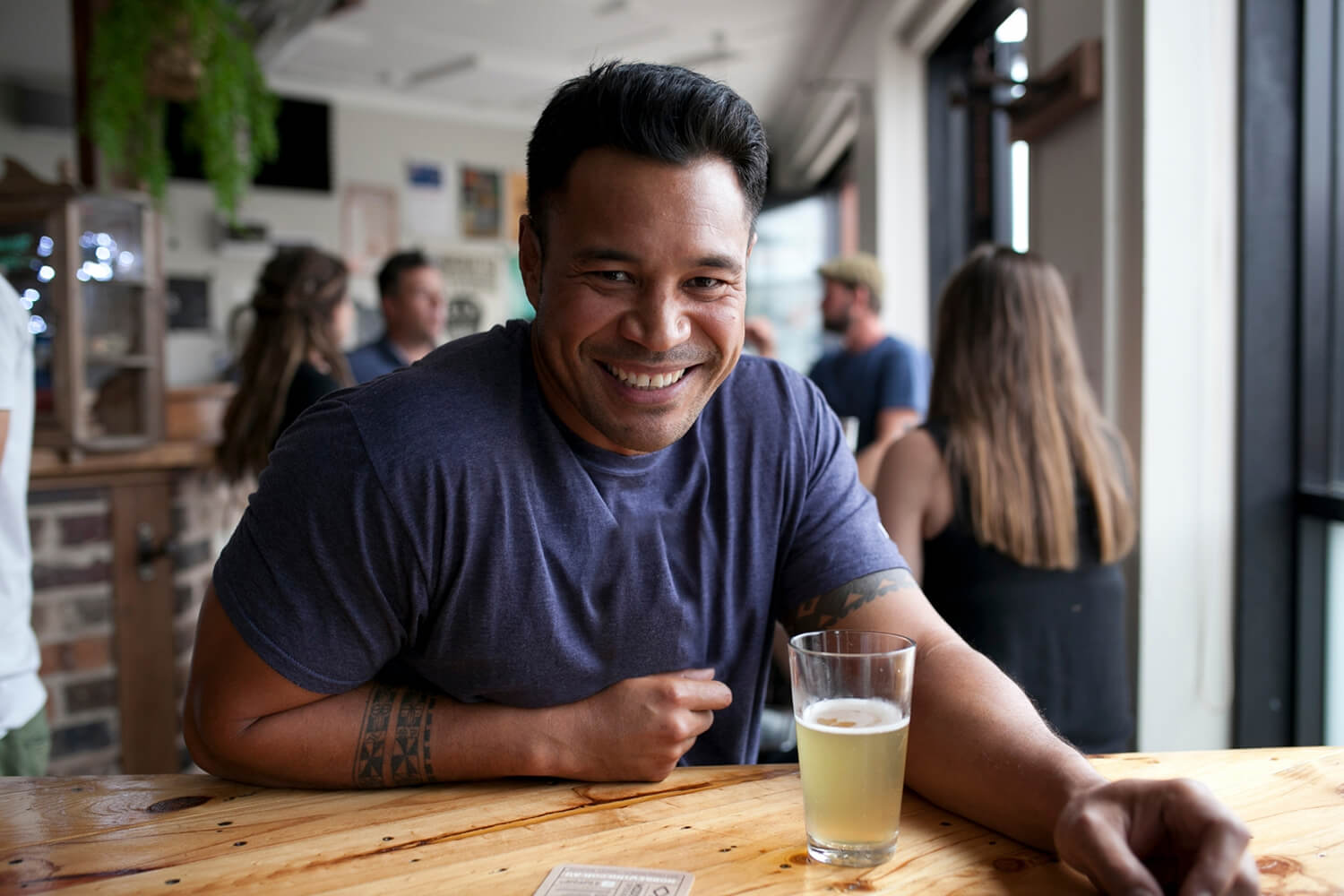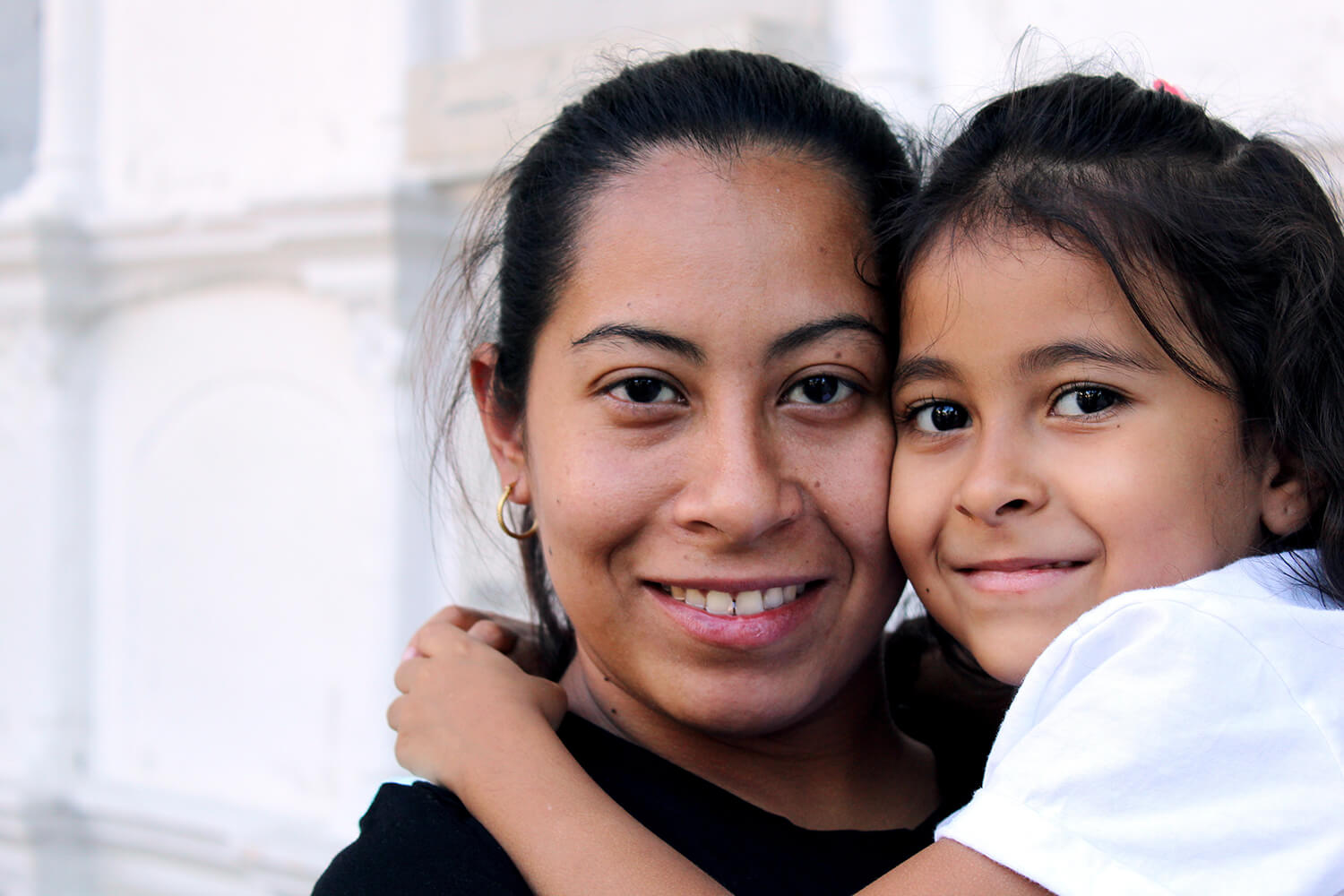Why The Diet Failed You
When we go on diets, we are disregarding our personal relationship with food to eat like someone else.
My name is Max, and I am a Non-Diet Dietitian who has lived experience of the warning signs and dangers of orthorexia. As a high-level athlete, I was exposed to a constant stream of messages about the “perfect” diet and the “ideal” body.
Trying to meet these standards, I developed an irrational obsession with healthy eating and exercise, leading to overtraining and under-eating. Despite efforts, my body did not change as I had hoped, and my energy levels plummeted. I began to develop an emerging eating disorder, orthorexia, one not as widely known as anorexia or bulimia.
Once I regained my positive relationship with food, I became a dietitian and developed my Instagram @maxed.out.nutrition to begin to share non-diet, food freedom and research accurate nutrition concepts to support others in their food relationship. Now I practice at Glynn MIND Clinic supporting individuals living with eating disorders, including paediatrics and athletes.
Have you ever felt like you failed a diet, or a diet failed you? You’re not alone. Millions of people around the world go on diets every year, hoping to achieve the perfect body, health, or performance. However, most diets don’t work in the long run, and some can even harm your physical and mental health. Why is that?
Here are some of the reasons why diets don’t work:
Diets are often based on unrealistic or unsustainable rules
Diets are inherently going to suggest that an individual restricts either food quantity or types/groups of foods. There is a concept known as the ‘binge-restrict cycle’ which explains that the more we restrict food the higher likelihood of subsequent binge behaviour.
From my experience, I have noticed restrictive behaviours can even create an almost ‘God-Complex’ on foods as the cravings for restrictive foods build to ravenous levels. For many people, it is inevitable that the cravings will strengthen, and the foods they were restricting get incorporated into their diets again in higher quantities than before dieting. This can lead to ‘Yo-Yo Dieting’ or weight cycling as our bodies struggle to manage irregular eating behaviours.
Diets can trigger disordered eating and negative body image
Some diets, especially those that promote “clean” or “perfect” eating, can fuel obsessive or compulsive behaviours around food, exercise, and body image. This can lead an individual to focus on “clean eating” and “healthy living” utilising non-evidence based information. It is important to be mindful of the line between healthy practices and obsessive.
So, what can you do instead of diets? Here are some tips:
Focus on your overall health and well-being, not just your weight or appearance
Health is more than appearance or numbers. It’s a complex and dynamic state of physical, mental, and social well-being that involves many factors. Instead of obsessing over a certain weight or body shape, try to cultivate habits and behaviours that support your health and happiness, such as eating a variety of foods, moving your body in ways you enjoy, getting enough recovery (mental and physical) and seeking support from friends and family.
Learn more about ‘health not weight’
Seek professional help if you struggle with disordered eating or negative body image
Eating disorders are serious mental illnesses that require specialised treatment from qualified professionals, such as dietitians, psychologists, and psychiatrists. If you notice signs of a negative relationship with food or your body image don’t hesitate to seek help and reach out as soon as you think something might be wrong. Early intervention can have a marked difference on an eating disorder’s severity and duration.
Find a professional Butterfly’s Helpline
Follow body positive and food freedom pages on your social media
Filling your social media feed with body positive and food freedom pages helps to create a safer environment for your relationship with food and your body. This enables more exposure to pages encouraging positive relationships with food, where they advocate for adopting intuitive eating practices and rejecting restrictive diets. This positive content can encourage individuals to listen to their bodies and eat what feels good and nourishing, rather than following strict rules or restrictions.
I believe having true balance in our eating habits means allowing ourselves to eat all foods.
For our bodies, it is best for our long-term health to achieve nutritional adequacy, ensuring we are meeting our macro and micronutrient requirements.
All foods contribute micro and macronutrients, even the one’s we are told to be “unhealthy”. Of course, there are scenarios where an individual may need to adjust their eating behaviours for chronic conditions. However, this needs to be done with the support of health professionals with evidence-based nutrition advice.
Remember that recovery from eating disorders or breaking your relationship with dieting is a journey, and it takes time and effort. Be patient with yourself and seek support from loved ones and healthcare professionals as you work towards a healthier relationship with food and your body.
Written by Max McDonald (APD, Prov. Accredited Sports Dietitian, Feeding therapist).
Max (he/him) is an Accredited Practising Dietitian, enthusiastic in supporting individuals to find food freedom and shape a positive relationship with body image. He utilises Health At Every Size (HAES®) and the Non-Diet Approach to guide his practice, with a commitment to providing compassionate nutritional management without a focus on body weight.
Further reading
- International No Diet Day: HAES Dietitian Fiona Willer’s Thoughts
- Diet culture 101: what is it, and what can we do about it?
References
Huber, M., Knottnerus, J. A., Green, L., Van Der Horst, H., Jadad, A. R., Kromhout, D., … & Smid, H. (2011). How should we define health?. Bmj, 343.
Koven, N. S., & Abry, A. W. (2015). The clinical basis of orthorexia nervosa: emerging perspectives. Neuropsychiatric disease and treatment, 385-394.



















